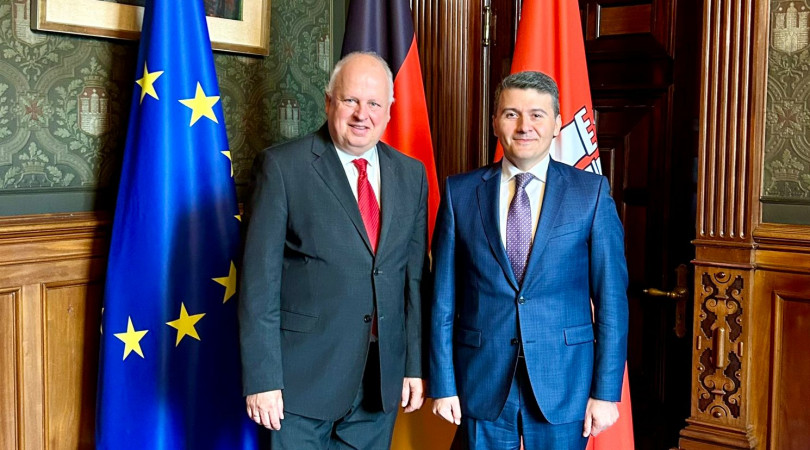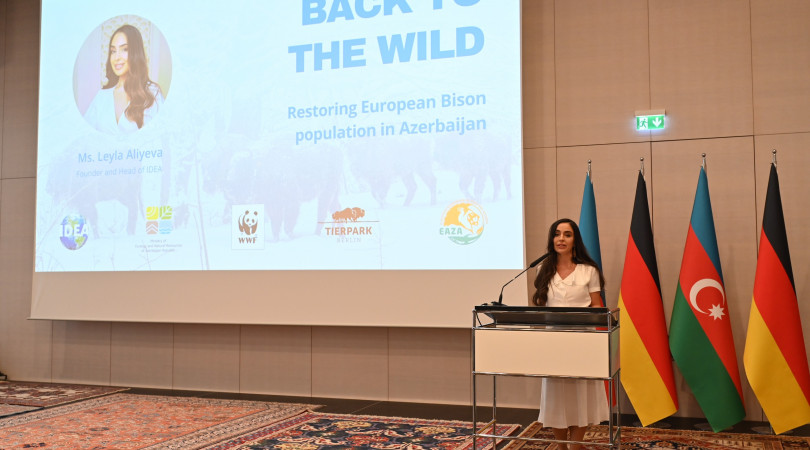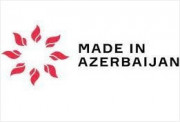Statement by the Ministry of Foreign Affairs of the Republic of Azerbaijan on the 25th anniversary of Khojaly Genocide
February 26, 2017 marks the 25th anniversary of Khojaly Genocide. From October 1991, the town was entirely surrounded by the armed forces of Armenia. Over the night of the 25 to 26 February 1992, following massive artillery bombardment of Khojaly, the assault on the town began from various directions. As a result of which, the armed forces of Armenia, with the help of the infantry guards regiment No. 366 of the former Union of Soviet Socialist Republics (USSR), implemented the seizure of Khojaly. Invaders destroyed Khojaly and with particular brutality implemented carnage over its peaceful population. As a result, 613 civilians were killed, including 106 women, 63 children and 70 elderly. Another 1,000 people were wounded and 1,275 taken hostage. To this day, 150 people from Khojaly remain missing. The intentional slaughter of the civilians in Khojaly was directed at their mass extermination only because they were Azerbaijanis.
The mass killing, scalping, beheading, bayoneting of pregnant women and mutilation of bodies by the armed forces of Armenia in Khojaly are fundamentally well documented by the law enforcement agencies of the Republic of Azerbaijan, numerous independent sources, including Armenian ones, local and international media and eyewitnesses of this tragedy.
In his cynical admission of culpability, Armenia’s then-Defense Minister and current President, Serzh Sargsyan, was quoted by the British journalist Thomas de Waal, as saying, “before Khojaly, the Azerbaijanis thought that ... the Armenians were people who could not raise their hands against the civilian population. We were able to break that [stereotype]” (Thomas de Waal, Black Garden: Armenia and Azerbaijan through Peace and War (New York and London, New York University Press, 2003), p. 172)).
The overall assessment of the causes and consequences of the war unleashed by Armenia against Azerbaijan makes it absolutely clear that the intentional slaughter of the civilians and defenders of Khojaly was not an isolated or sporadic act, but was part of Armenia’s widespread and systematic policy of notorious ethnic cleansing and practice of atrocities.
War crimes, crimes against humanity and genocide committed by Armenia in the course of the ongoing aggression against the Republic of Azerbaijan constitute a serious violation of international humanitarian and human rights law, in particular the 1949 Geneva Conventions, Convention on the Prevention and Punishment of the Crime of Genocide, the International Covenant on Civil and Political Rights, the International Covenant on Economic, Social and Cultural Rights, the Convention against Torture and Other Cruel, Inhuman or Degrading Treatment or Punishment, the International Convention on the Elimination of All Forms of Racial Discrimination, the Convention on the Rights of the Child and the Convention for the Protection of Human Rights and Fundamental Freedoms.
Alongside the Republic of Armenia’s responsibility as a State, under the international criminal law such acts perpetrated in the context of an armed conflict, including those in the town of Khojaly, are viewed as international criminal offences and responsibility for them is also borne on an individual basis by those who participated in the said acts, their accomplices and accessories.
In its judgment of 22 April 2010, the European Court of Human Rights arrived at an important conclusion with respect to the crime committed in Khojaly, qualifying the behaviour of those carrying out the incursion as “acts of particular gravity which may amount to war crimes or crimes against humanity”.
The national legislative bodies of more than 15 States, as well as the Organization of Islamic Cooperation adopted a number of resolutions and declarations on condemning in strongest terms the massacre of civilian population in Khojaly and recognizing the tragedy of Khojaly as an act of genocide and crime against humanity.
The Republic of Azerbaijan highly values the solidarity of the international community on the establishment of truth and justice in respect to acts of genocide and crimes against humanity perpetrated in Khojaly by Armenia.
Khojaly Genocide should find its legal appraisal. The Republic of Azerbaijan is confident that the consistent measures being taken at the national level, as well as the existing international legal framework, will serve to end impunity and to bring to justice those responsible for the grave offences committed in the course of Armenia’s aggression against Azerbaijan.
While remembering the 25th anniversary of Khojaly Genocide, the Republic of Azerbaijan calls upon the international community to condemn and recognize the crimes against humanity and act of genocide committed by Armenia in Khojaly against the civilian Azerbaijani population, including children, women and elderly.

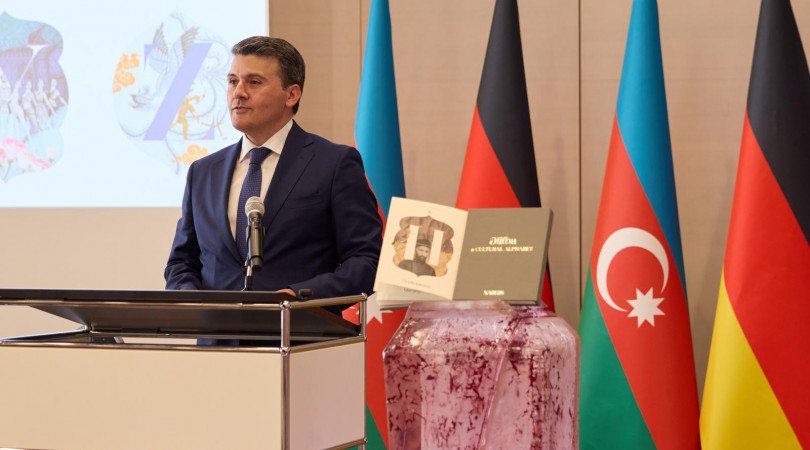
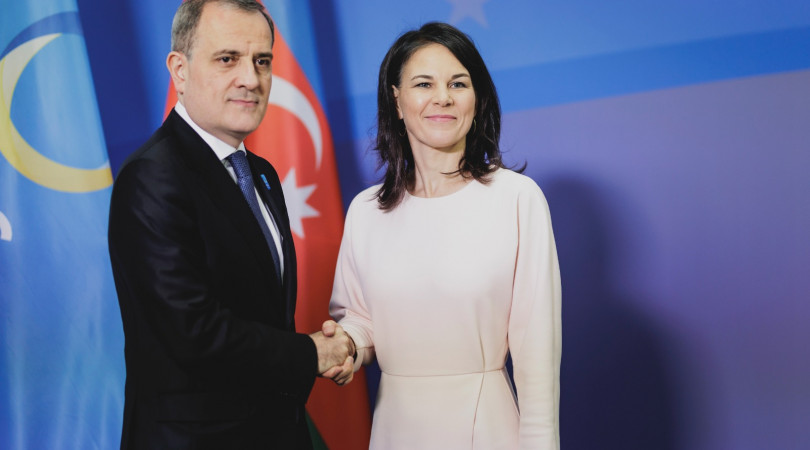
.jpeg)
